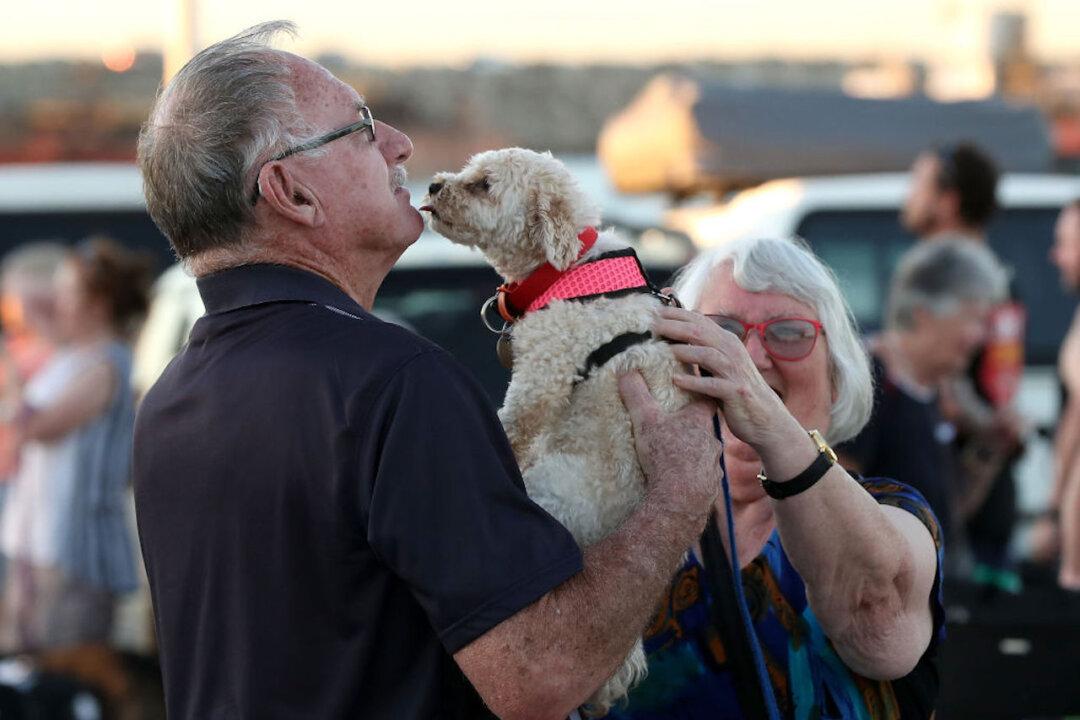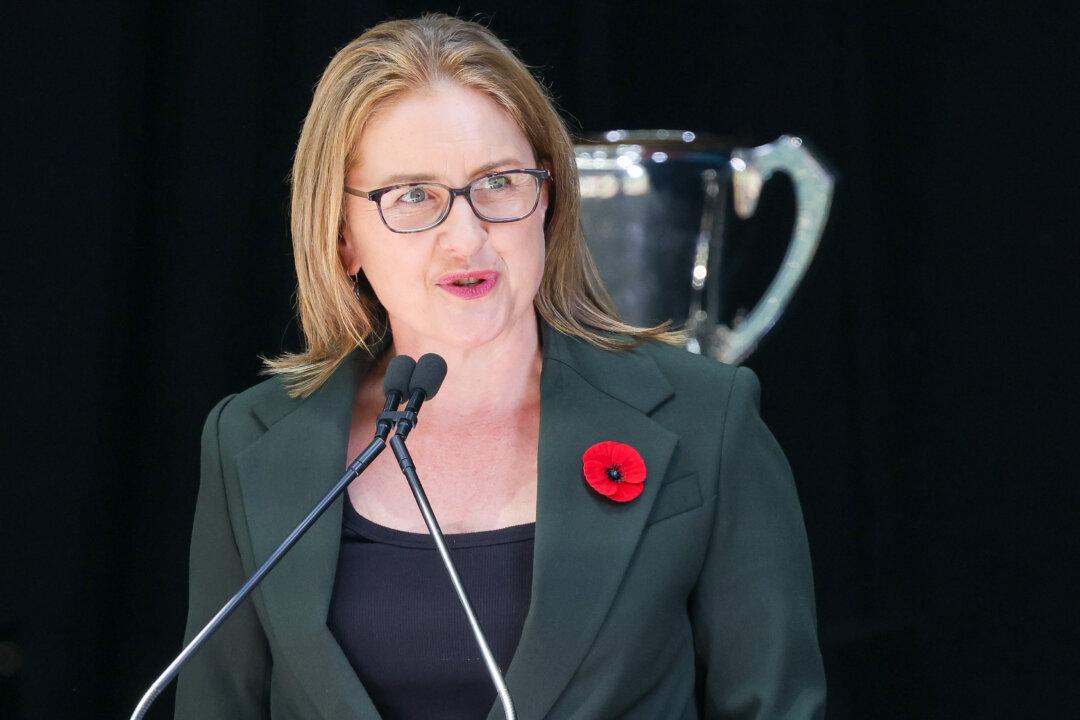The Andrews Labor Government will conduct the nation’s first Pet Census in Victoria on July 3 to help build the future of animal welfare and assist pet owners with the support and services they need.
Minister for Agriculture Gayle Tierney, who was at the Australian Animal Protection Society in Keysborough on June 30, made the announcement and encouraged all pet owners to participate.




